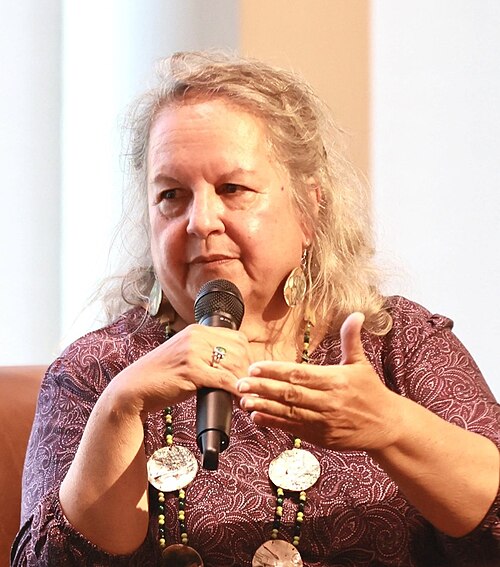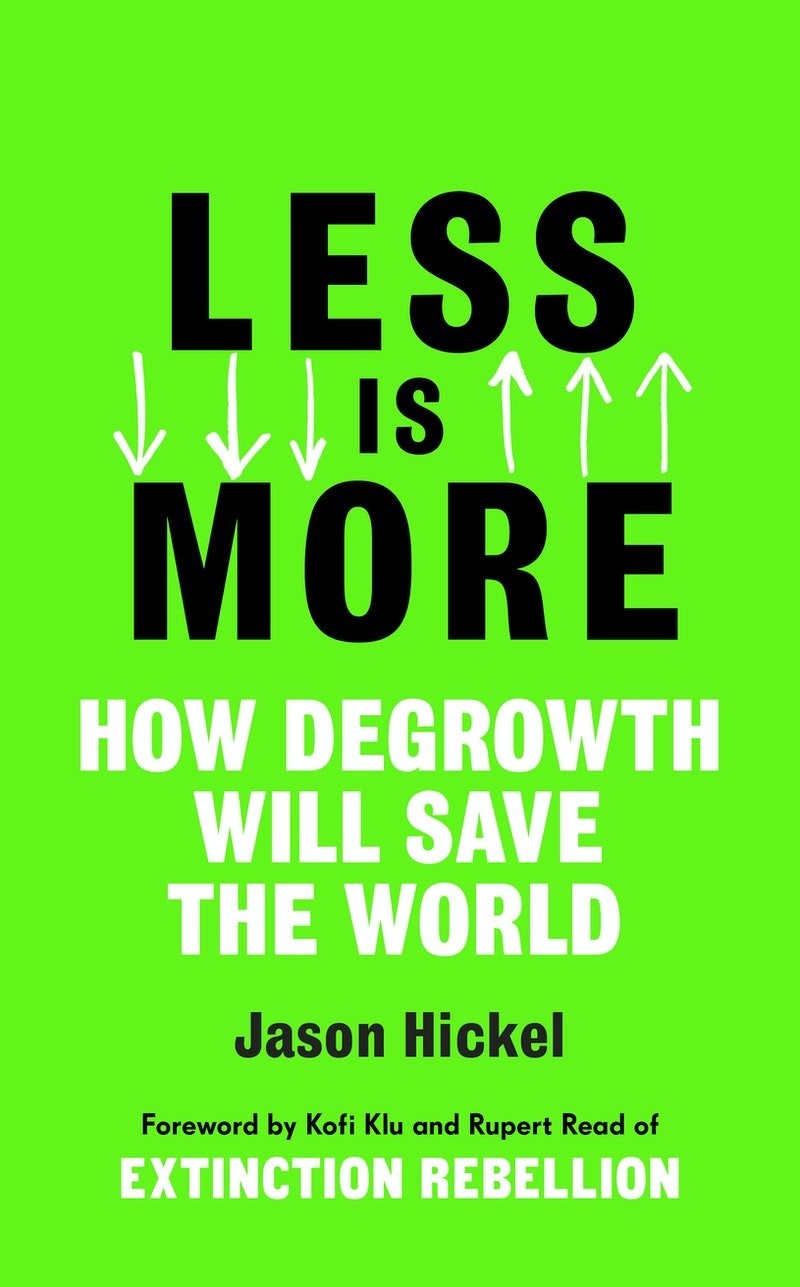September 26, 2025
Economics
Making secondhand shopping feel stylish and enjoyable

Consumer interest in “pre-loved” fashion is accelerating, with the secondhand market growing 2.7 times faster than the broader apparel market. Photo by Eemab via CC.
Eskilstuna, a city of about 65,000 people in central Sweden, is a university town and an industrial center. The wider municipality has just over 107,000 residents. In December of 2021, as a part of Sweden's Climate-Neutral Cities 2030 initiative, the city joined 22 other Swedish municipalities to sign the Climate City Contract and commit to reaching net-zero emissions by 2030. Their shared efforts include partnering with businesses, universities, and civic groups on climate-smart projects, and expanding the use of fossil-free vehicles, energy storage, and recycling programs.
In 2015, as a key element of the city's waste-reduction strategy, the municipality opened ReTuna, the world’s first secondhand mall. The mall is located next to the city recycling center. Residents donate items that are sorted and distributed to retailers in the mall, supporting a circular, low-waste economy.
ReTuna stands out by offering a curated, visually appealing environment with items ranging from fashion and sports gear to household goods, toys, antiques, and even a secondhand Ikea outlet.
The model is only possible because of public funding and local government support – a reminder that circular innovation often requires structural investment, not just consumer goodwill.
ARTICLE: How Sweden’s ‘Secondhand Only’ Shopping Mall is Changing Retail



